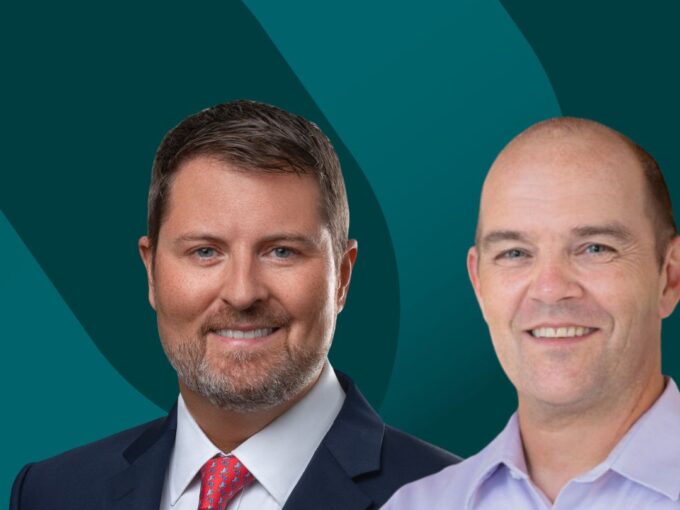If you made £57,000 a month, would you still worry about money?
Whilst trying to find some guilty-pleasure TV to switch off, I stumbled across Stacey Solomon’s reality TV show, where she opened up about feeling like an “imposter” in her high-net-worth life and her constant fear that her wealth will be lost overnight, despite a reported annual income of £684,000 and net worth approaching £10m.
Her honesty struck a chord. Working with high-profile and wealthy individuals, Stacey’s fear is far more common amongst the world’s wealth than many of us may think. Whether it’s a sudden influx of wealth from fame, a career in professional sport, or a successful business sale, the anxiety that it could all disappear is real. The truth is, when money arrives quickly, it brings not only opportunity but also risk, especially if the wrong people are trusted to protect it.
The illusion of financial security
Stacey Solomon’s words reflect something that many high-earning professionals experience but rarely discuss: Financial success does not automatically bring financial security. For celebrities, athletes, and entrepreneurs, wealth can be intense, public, and short-lived.
Professional football offers a clear example. With an average career lasting just eight years, those at the top of the game may earn in a decade what others could not earn in a lifetime. But, once the sponsorships end and the contracts stop, the financial demands rarely do. Lifestyle inflation, family obligations, and public expectations can make retirement to “normal life” both financially and emotionally difficult.
Many former athletes, from footballers to Olympians, speak of feeling lost when their careers end. It’s rarely just about the money itself, it’s also linked to their sense of identity, and trust in those around them. When you’re used to being surrounded by agents, sponsors, and advisors, it can be difficult to know who is truly acting in your best interests.
Sudden wealth, lasting risk
As Saffery Trust UK Managing Director Dominic Lawton-Smith explored previously, Sudden Wealth Syndrome highlights how emotional strain and poor decision-making can accompany rapid success. Recipients of unexpected wealth often experience guilt, isolation, or fear of losing what they’ve gained. Such emotions can drive hasty financial choices like overspending, risky investments, or reliance on advisors who may lack transparency or integrity.
This phenomenon isn’t confined to sport or entertainment. Entrepreneurs who sell their businesses or professionals who receive major bonuses can fall into the same trap. When income outpaces experience, mistakes can be costly.
When trust is misplaced
Last year, I found myself profoundly impacted by Sir Bradley Wiggin’s post-career financial difficulties, which illustrated how even the most decorated professional athletes can find themselves in financial turmoil when trust is misplaced. In an episode of the High Performance Podcast, Sir Bradley shared the journey that led him to declaring bankruptcy, which included never feeling worthy of his success, and then being “fleeced left, right, and centre” as the victim of “professional negligence”, describing himself as feeling like “a pawn in everyone else’s game”.
His sentiment underscores an important truth that wealth structuring is only as strong as the professionals who design, advise on, and administer it – from lawyers providing strategic advice to trustees ensuring its ongoing integrity.
Anyone with wealth should, in my view, start with building a circle of trusted, reputable, and accountable professionals – those who are not only willing to say ‘yes’, but also prepared to say ‘no’ when acting in the best interests of wealth preservation.
From fear to foundation
The fear that wealth may vanish overnight – a fear that Stacey Solomon voiced so candidly – is entirely valid. However, the protection against lost wealth is not fear, it’s foresight.
With 20 years of professional experience now behind me, I’ve seen first-hand how the most successful individuals are not always those who earn the most, but those who surround themselves with the right people to protect and preserve what they’ve built.
The foundation of lasting financial security depends on trusted service providers who act with independence and integrity. The best relationships – including professional – are built on openness, accountability, and a shared commitment to long-term goals, not just short-term gains. Choosing professionals who understand your values as well as your balance sheet ensures that your wealth is managed wisely, and that the people guiding your decisions are motivated by your success, not their own.
Recognising that good fortune must be matched with good governance, and appointing service providers with the expertise, experience, and integrity to deliver it, can help to reduce both risk and fear.











